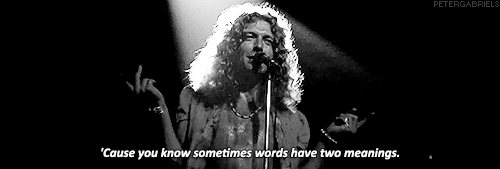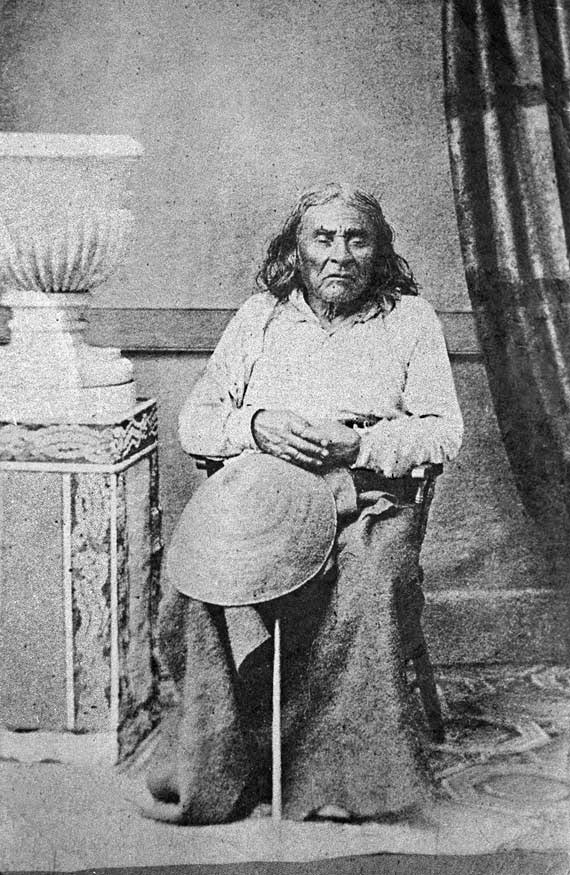12.6.16 02:48 - Damage Inc.
Netaisnīgu likumu/sodu problēma ir nevis vienkārši kvantitatīva (grūtāk neuztrāpīt uz kāda soda), bet, galvenokārt, kvalitatīva. Kad tiesu un likumu izpildītāji ir publiski uzstājušies ar prettiesisku rīcību valsts likuma vārdā un spēkā, neviens vairs nevar justies drošs, ka rīcība saskaņā ar saprātu un sirdsapziņu būs visderīgākā un visattaisnojamākā.Atliek vai nu bezgalīgā pašaizliedzībā uzņemties gan paredzamus, gan neparedzamus netaisnīgus sodus, noraidot pavēles rīkoties pret savu apziņu un zemapziņu, vai arī drebēt bailēs no soda graujošajām sekām, līdz ar ko, it kā nevēlot sev ļaunu, jāatmet taisnīguma pašsaprotamība vispār.
Ja tiesa ir spiesta sargāt valsts uzdotos spēles noteikumus, tad par cilvēka morālo vadlīniju kļūst ne vairs taisnība, bet gan paklausība. Tā ir dziļa iekšēja pārvērtība, radikāla aprobežošanās, iebarikādēšanās, kuras šaurībā drosmi aprij ērtība, piedzīvojumu - paredzamība, prieku - vienaldzība, niknumu - bezspēcība utt. Tā centieni būt labam cilvēkam noved pie paklausības, bezjēdzības, bezvērtības, bezpalīdzības, bezkaislības, bezatbildības. Tiesu paklausība mākslīgi radītam "viedoklim", visvarenai "valstij", varas principam nozīmē garīgu genocīdu, indivīdu pašnāvību vai slepkavību "kolektīva" vārdā.
Ja pastāvētu vēl kāda iespēja diskutēt ar varas turētājiem cilvēku valodā... Bet vai gan nav zināms, ka templim ir savi hierarhiskie glifi, un tajā valodā vārds "tiesa" nozīmē kaut ko citu? Tāpat kā "likums", "taisnība", "labs" un "ļauns". Tāds mums te morālais pagrimums, kungi un dāmas.



